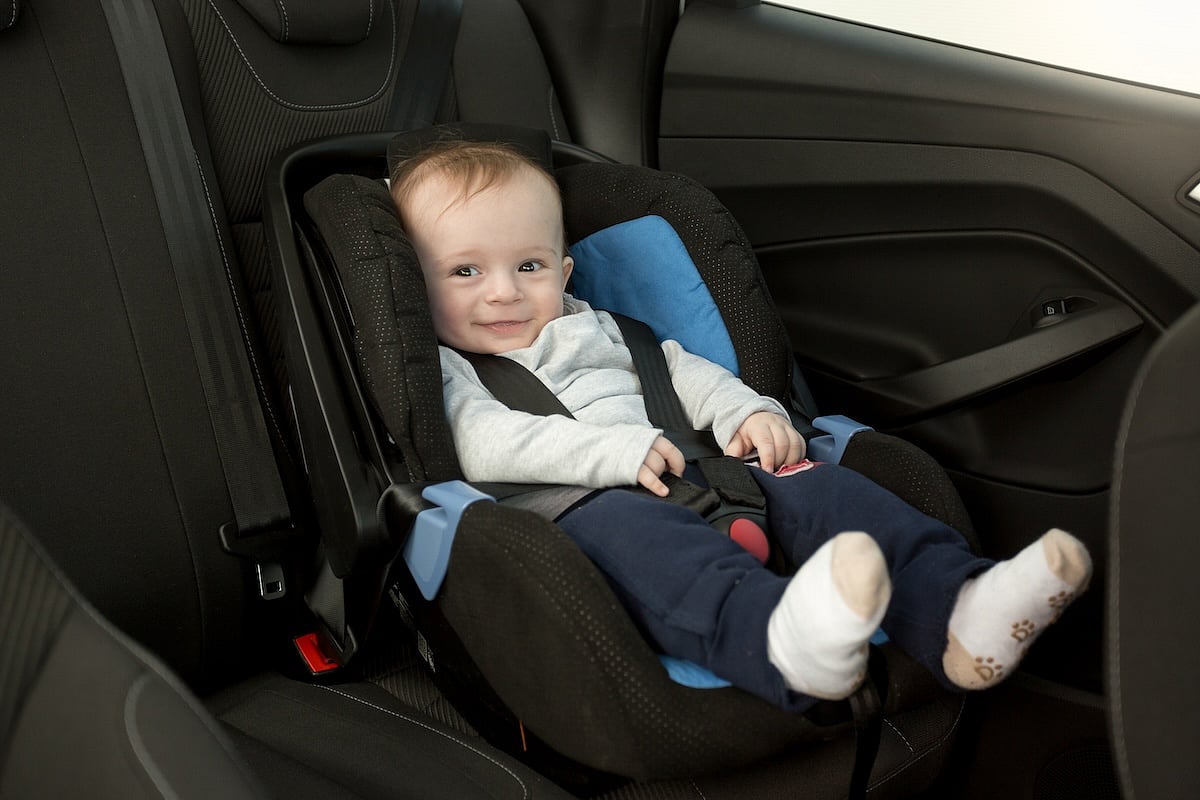Manténgase sano!

- Dennis Thompson
- Posted August 29, 2024
Experts Warn of Unsafe Fake Children's Car Seats Sold Online
Jillian Davis was pleased to be gifted a car seat during her pregnancy, from a family member who bought it online from a major retailer.
But following the delivery of her daughter in late June, a car seat tech at her Salt Lake City hospital informed her that the seat was an unsafe counterfeit.
“It’s completely shocking because this is my fourth child and I’ve never heard of this being an issue,” Davis said in a hospital news release. “It’s scary to think I could have been driving around with my child in a car seat that’s dangerous.”
Online retailers are selling fake kid’s car seats that are very likely to fail in a crash, child health experts warn.
These seats are enticing because they cost much less than major brands, and are sold on prominent national retail websites through third-party sellers, experts said.
“It’s hard to tell a car seat is counterfeit from a small picture online, and many parents think they found a great deal from a major retailer,” said Michelle Jamison, community health program manager at Intermountain Primary Children’s Hospital in Salt Lake City.
“Once they realize there’s a problem and try to return it, the site they got it from has already been taken down,” Jamison added in a hospital news release.
Intermountain Children’s offers car seat checks to help parents properly install and use the seats.
It’s during these checks that experts started noticing more of these counterfeit seats, as well as others that don’t meet U.S. safety standards, Jamison said.
The fake seats look legitimate and can cost hundreds of dollars, but many are missing key components that could protect children in a crash, Jamison explained.
The best way to avoid a counterfeit car seat is to buy directly from a reputable manufacturer’s website, or to go to a store in person to purchase the seat. All these models will be legitimate and meet safety standards.
“Parents may think an in-store purchase is more expensive, but what they’re really getting is the peace of mind their child’s car seat is safe,” Jamison said. “While some models are pricey, there are less expensive ones that are still crash-tested and safe.”
Parents also can look for several things on car seats that show they meet strict federal safety standards, experts said.
All car seats should bear a manufacturer’s label that includes the name of the car seat, date of manufacture, branding, model number and expiration date.
This information is needed to register a car seat, which allows manufacturers to notify parents of any recalls. Counterfeit seats don’t have the number.
U.S. safety standards also require warning labels on seats in English and Spanish. These labels can be found on the back of the car seat and in the area near where the baby’s head rests.
Counterfeit seats often are missing these labels or they’re written in another language, experts said. Labels on fake seats also have occasionally grammar or spelling errors.
A missing chest clip is an immediate sign a car seat isn’t safe, experts added. These clips are required in the United States but not in every country, which is why fake seats usually don’t have them.
“If you determine that you have a counterfeit car seat, stop using it immediately and contact the retailer to notify them that they sold a counterfeit car seat,” Jamison said. “You may be able to recover the cost of the seat if you used a credit card or purchased through a major retailer.”
More information
The National Highway Traffic Safety Administration has more on car seats.
SOURCE: Intermountain Primary Children’s Hospital, news release, Aug. 27, 2024






